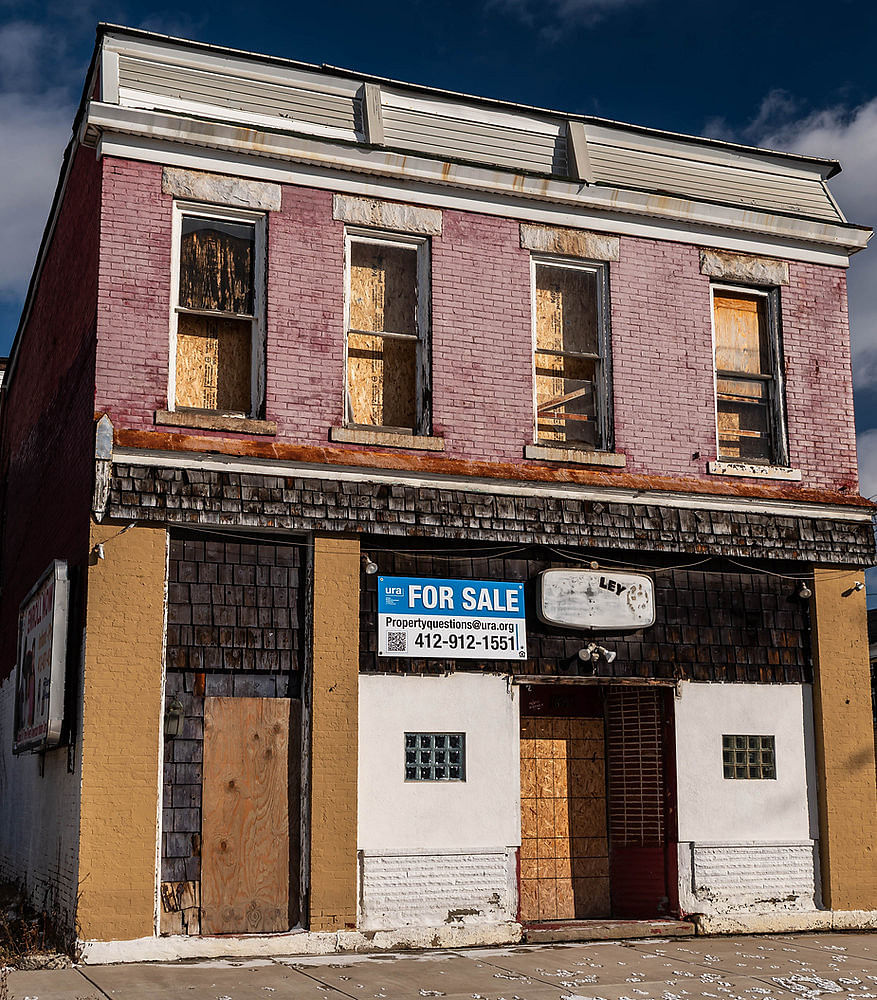Feb 29th, 2024
San Francisco v. EPA: Supreme Court’s Pending Decision

By: Jennifer Novak & Demetria Mantalis
As if life isn’t stressful enough, there are times when people can’t avoid environmental laws because an unexpected problem has hit them dead-on. There are times, for example, when someone receives notice that they've been classified as a polluter.
Here’s the reality: environmental laws are often “strict liability.” That means that’s it’s irrelevant whether someone violated an environmental law by mistake or because they simply didn’t know about it. The fact of the violation is enough to create liability, so in a strict liability world, there are not many legal defenses. Fewer people will actually qualify for one of them. That means the time to defend against environmental problems is before you’re anywhere near able to violate one.
We often see this stress, and these struggles, when a client has purchased a property, or inherited one, and learns, after the fact, that the property suffers from past chemicals, oil, or metal spills. We often advise people that as a general rule: if you own the property, you also own the contamination. It doesn’t matter if a prior owner caused the problem. Federal and state laws both impose liability on property owners and can make them responsible for costs associated with investigating the source of contamination and cleaning it up. This is often hard for people to understand. If they didn’t cause the problem, they feel they shouldn’t be made responsible for the cost of fixing it. In their minds, they’re “innocent.” But legally speaking, that may not be the case.
The “innocent landowner” exemption to environmental liability shields landowners who innocently, and in good faith, purchase property without knowing that prior owner allowed hazardous substances to be disposed on the property. But ignorance does not equal innocence. For the defense to apply, purchasers need to have followed specific steps to look for environmental problems and determined that none existed. They cannot refuse to look for environmental problems or to ignore potential warning signs.
Nor can someone claim innocence if they have some ties to the past conduct. For example, if Company A handled chemicals at its property, created a Company B to purchase the property, and then Company A went bankrupt, Company B is not an innocent landowner.
Let's work together. Contact us.
In the case of receiving property after the death of a loved one, the law still requires that the person inheriting that property had no reason to know that there could have been contamination. Again, “innocence” depends on knowledge.
Because the innocent landowner defense relies upon pre-purchase investigation, attorneys, brokers, funders, purchasers, and investors need to arm themselves with an understanding of the steps to take before entering into a transaction. Too often, we hear from clients facing the cost of liability for problems they didn’t cause – but they didn’t take the steps to avoid that liability. While no one wants the cost and stress of going through an environmental review, it’s less expensive and much easier than dealing with the aftermath of owning a contaminated property.
Want to learn more? Watch this related video below
About Us
The Law Office of Jennifer F. Novak Environmental Law represents property owners and businesses in environmental litigation and regulatory matters. Our practice focuses on soil and groundwater remediation, Clean Water Act citizen suits, compliance with Water Board orders (including under Sections 13304 and 13267), and other environmental legal challenges. We provide strategic counsel to clients navigating complex environmental regulations while ensuring fairness in enforcement and compliance.
For dedicated legal representation in environmental litigation and compliance, contact The Law Office of Jennifer F. Novak Environmental Law.